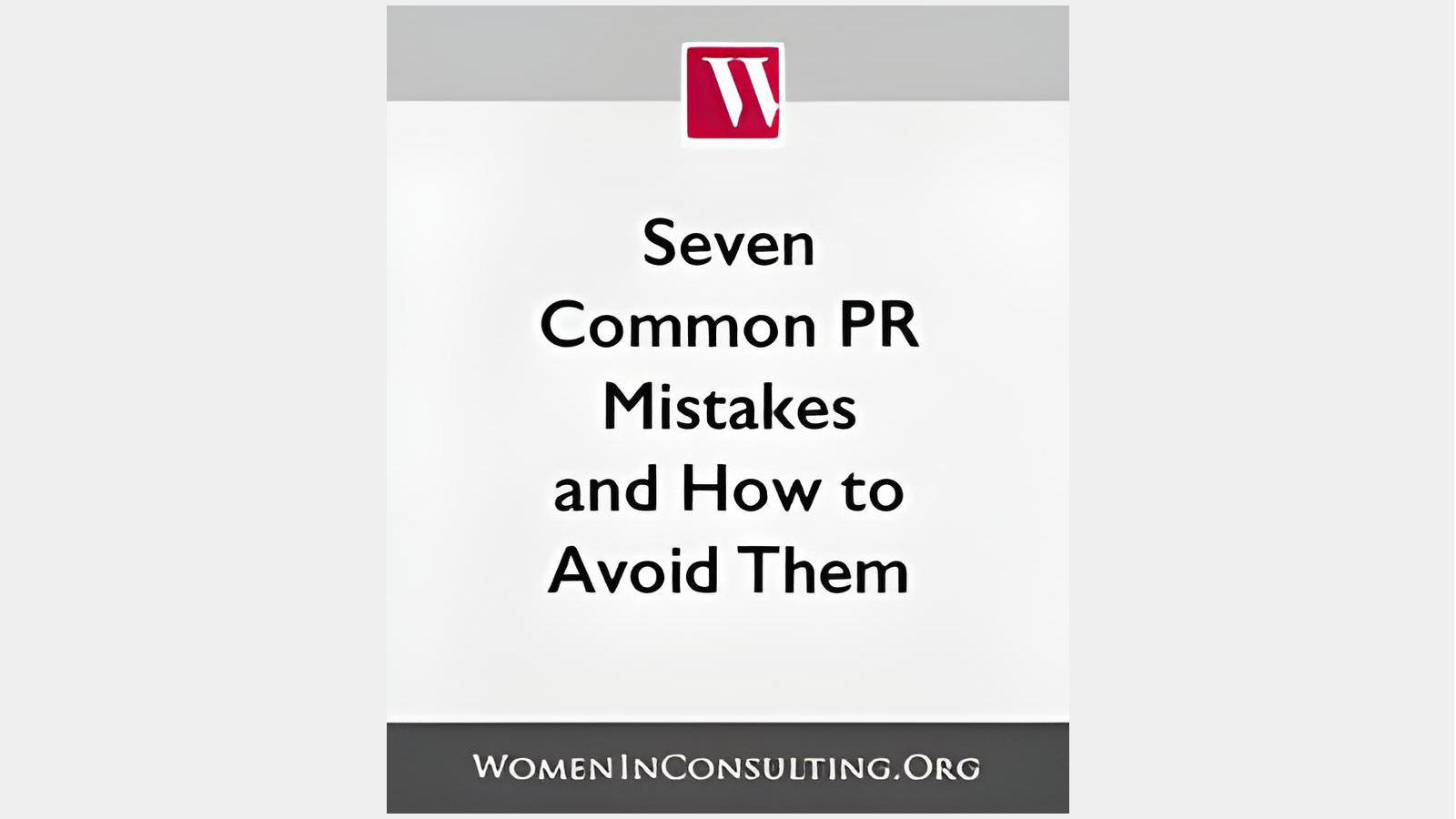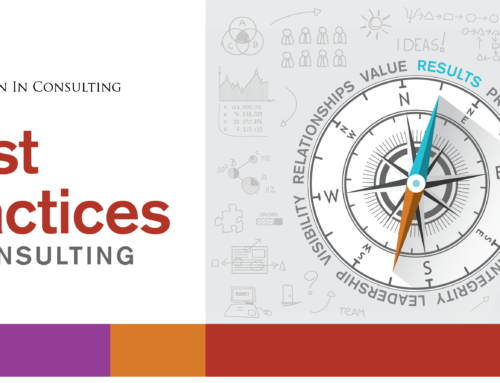Many organizations make some basic public relations mistakes, which can dramatically affect their visibility and credibility.
Here are seven common errors, with advice on how to avoid them.
-
Having unrealistic expectations of PR
Too many people think that they will become famous overnight if they hire a PR firm. Or that publicity will automatically generate sales or raise their stock price.
Unfortunately, it doesn’t work that way.
Marketers tell us that people go through at least four stages in deciding to buy a product or support a cause: awareness, interest, desire and action.
PR is most important in the awareness and interest stages. However, PR becomes less influential the closer people get to taking action.
Understanding this basic concept is essential. PR is important, but it will not change things overnight, make up for a poor product or service, or sell your product or service by itself.
-
Ignoring the advice of PR counsel
Too many companies ignore the advice of their PR consultants. Like other professionals, good PR people have a particular way of looking at the world. They have developed skills and talents, have a radar for good stories and potential landmines, and can bring a great deal to the table. Ask for, and respect, their opinions. You’ll be better off for it.
-
“Believing your news releases”, aka the parental-fixation syndrome
This happens when you become so focused on your company, product or service that you forget a bigger world exists out there.
In reality, most of the time the media will be only slightly (if at all) interested in your news.
However, reporters are often working on overview and trends articles, or are looking for an unusual twist, a human-interest angle or the “next big thing.” These reporters need people to give them ideas, provide information and explain the big picture.
Be that person, that resource, and you will reap the reward of ongoing coverage.
-
Keeping PR on the “back-burner”
Most companies know they have to “do PR,” but often don’t allocate the time or money needed to do the job effectively.
Companies with a larger “share of discussion” than their competition become more successful. The publicity (discussion) often comes first, and success follows. So most companies really can’t afford to ignore PR or to relegate it to an untrained person.
The success of your company may require that PR be on the front burner. If it is not, move it there today.
-
Refusing to be media trained
Anyone who will interview with the media needs to be media trained.
Practicing some basic techniques and doing some mock interviews can make a world of difference. Often times an outsider can help this process along.
Towards the end of his term, former President George W. Bush was asked what his greatest mistake was. He said he couldn’t think of anything, a response that struck many people as arrogant.
Soon afterwards he was asked the same question again and had a response. The second time was a charm, but many people only remember that first “non-response.”
-
Being erratic in PR activities
Avoid “stop-and-go” PR.
I have seen companies almost kill themselves to publicize a new product; only to “collapse” once the launch was over. These companies didn’t leverage the momentum they had generated to build an ongoing, sustained publicity program.
As a consequence they have to “re-introduce” themselves when they have another product to announce. They are repeatedly in start-up mode and don’t lead in their marketplace.
-
Being too narrow in your publicity activities
A publicity campaign means more than sending out the occasional news release.
It’s true that PR people write news releases, but they do much more to generate publicity – everything from articles and product reviews to webinars and other presentations.
I formally analyzed publicity for a new client and its main competitor. My client had done a good job with its announcements. Its competitor got less coverage for its news, but maintained its visibility through contributed articles, product reviews, speaking engagements and other means. The result: the second company was perceived as the industry leader; my new client an “also-ran.”
Don’t limit yourself to barebones PR. Expand the scope of your program.
Summary
So there they are: seven common mistakes. Fortunately, it is relatively easy to avoid these errors. In so doing, you will definitely improve your PR program and probably help your company be more successful.







